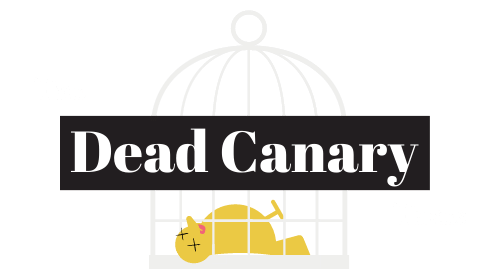Top 10 Worst Cities to Buy a House in America

16 min
5
77%
Introduction
In this article, we will explore the top 10 worst cities in America to buy a house. These cities are characterized by high housing prices and a high probability of future price crashes. We will examine the current state of the housing markets in these cities, factors contributing to their decline, and potential risks for homebuyers and investors. It is important to understand these trends and make informed decisions when considering purchasing a house in these areas.
Las Vegas, Nevada – Number 10
Las Vegas has experienced a 5.4 percent drop in home prices over the last year, signaling the beginning of a downturn. The primary issue in the Las Vegas housing market is the lack of affordability. Homebuyers would have to pay over $400,000 to purchase a house, with monthly mortgage and property tax payments of nearly $2,700. This level of expenditure is unsustainable for locals with a median household income of $67,000 per year.
Nashville, Tennessee – Number 9
Nashville witnessed a significant influx of investors during the pandemic, particularly in the Airbnb market. However, investor purchases have now declined by nearly 60 percent over the last year. This shift places the burden on local homebuyers, who face challenges due to their median household income of $76,000 per year. Affording a mortgage and property taxes now requires them to spend 44 percent of their income, compared to the long-term average of 23 percent.
Portland, Maine – Number 8
Portland, Maine is experiencing a housing market bubble, fueled by buyers from Boston and New York City seeking second homes during the pandemic. Prices have increased by 40 percent in just three years, with houses near the city center now priced at over $600,000. The average local buyer needs to spend 49 percent of their gross income to afford a house, making it increasingly unaffordable. Many buyers are becoming \”house poor,\” risking mortgage defaults and foreclosures.
The Unsustainable Levels of Home Prices and Mortgage Payments
Historical data reveals that the current levels of home prices and mortgage payments in the United States are unsustainable. Over the past 130 years, home prices remained relatively stable, growing in line with inflation. However, since the late 1990s, there have been two significant housing bubbles, both of which led to crashes. Presently, inflation-adjusted home prices are at an all-time high, signaling a need for a return to more affordable levels.
Miami, Florida – Number 7
Miami’s housing market historically suffers during recessions. With an unemployment rate of 2.3 percent, it is anticipated that Miami will face significant distress selling as unemployment rates skyrocket. However, Miami’s affordability metrics are concerning, with homebuyers needing to spend $3,000 per month, representing 55 percent of the median household income. Miami’s service-based economy and low-wage jobs contribute to these challenges, increasing the likelihood of a downturn.
New York, New York – Number 6
New York City and its surrounding areas, such as Long Island, northern Jersey, and Westchester, continue to have exorbitant housing prices. Even in nearby Bronxville, a four-bedroom house costs $1.6 million. The cost of living remains high despite some people leaving New York City. This situation makes it difficult for homebuyers to find affordable housing options.
Conclusion
When considering buying a house in the current housing market, it is crucial to assess the affordability and sustainability of the chosen city. The top 10 worst cities to buy a house in America face challenges related to high housing prices, affordability issues, and potential economic downturns. Understanding historical trends and market conditions canhelp buyers and investors make informed decisions and mitigate risks. It is important to carefully evaluate the local housing market, affordability metrics, and economic factors before committing to a purchase. By being aware of these challenges, buyers can navigate the housing market more effectively and make choices that align with their long-term financial goals.

